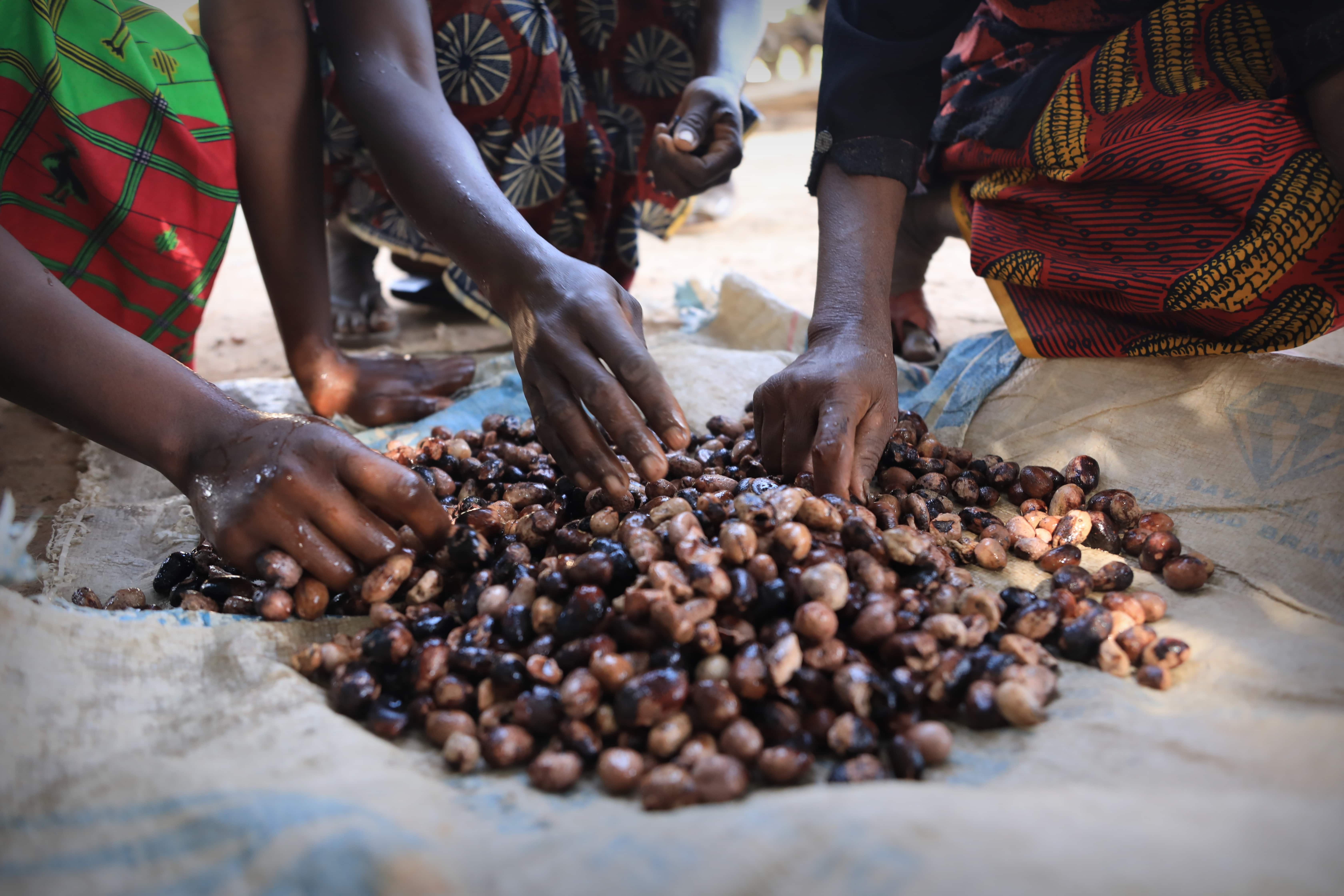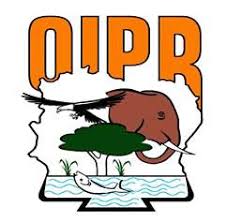- Sustainable use of natural resources
- Bénéficiaire Conservation Taï
- Montant du projet € 64 194
- Subventions FFEM € 29 413
-
État du projet en cours
The Taï National Park, (PNT), located in the southwest of the Ivory Coast, is the largest primary tropical forest in West Africa, under protection, with an area of 536,017 ha in one piece. It joined the network of Biosphere Reserves in 1978 and is also one of the natural sites inscribed on the World Heritage list since 1982. About 1,300 species of vascular plants have been recorded in the park, of which around 12% are endemic (Adou et al., 2005). As for fauna, the PNT is a priority site for the conservation of primates in Africa with 11 species present. The most threatened species are (EN) the Jentink’s Duiker (Cephalophus jentinki, EN), the Pigmy Hippopotamus (Choeropsis liberiensis, EN) and the Chimpanzee (Pan troglodytes verus, CR).
The project area, like the entire periphery of the park, records large areas of agricultural cocoa, oil palm and rubber tree plantations. Cash crops form the basis of the local economy, thus highlighting a lack of diversification of speculations and ecological intensification. Chemical contamination in the park linked to the use of inputs for growing cocoa is a definite threat to its remarkable biodiversity. Other threats are the poaching of species, gold mining and the harvesting of non-timber forest products.
Created in 2002, the NGO Conservation Taï’s mission is to support the sustainable management of the PNT through the coordination and harmonization of interventions and initiatives by local populations in the field of local development. Conservation Taï has been running an agroforestry project in the northeastern periphery of the park since 2015 with the support of the GEF Small Grants Program. The successes recorded in this initiative enabled it to benefit in 2017 from financial support from GIZ to extend this action to the entire periphery of the PNT.
To date, nearly 34,000 fruit plants have been produced for the benefit of producers to enrich their cocoa farms. The general objective of the project is to strengthen the protection of the PNT through the promotion of sustainable agrosystems in 8 villages in the north-east of the peripheral zone in order to guarantee the sustainability of the plantations and improve the income of producers, members of the Agricultural Cooperative Benianye de Buyo (CABB). The project will be carried out in partnership with the Ivorian Office of Parks and Reserves (OIPR).

